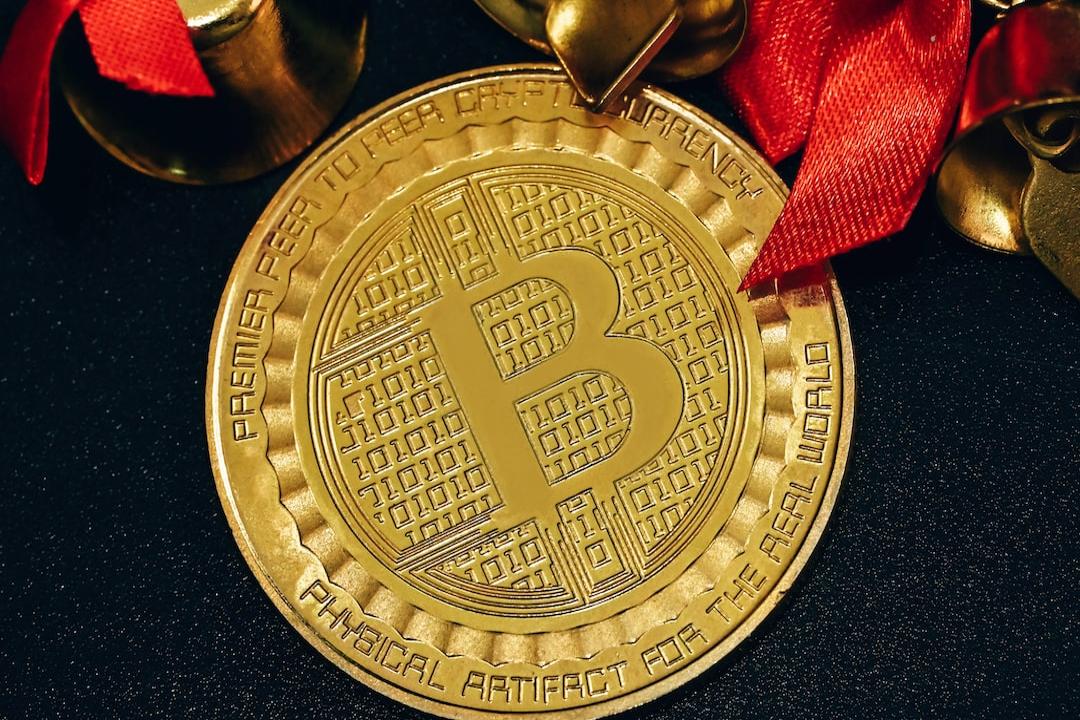Uzbekistan’s National Agency for Perspective Projects (NAPP) has clarified that citizens are allowed to play the Hamster Kombat clicker game on Telegram, but withdrawing in-game coins may pose issues.
The NAPP, a significant regulator in e-commerce and the cryptocurrency industry, made a statement on June 25th about the legal status of the game. According to the announcement, Hamster Kombat coins do not currently qualify as cryptocurrencies.
The NAPP underlined that Hamster Kombat differs from play-to-earn games, which reward players with assets that have real-world monetary value and can be traded, such as cryptocurrencies or non-fungible tokens (NFT). Unlike these, Hamster Kombat’s in-game coins do not have collateral or real utility.
The NAPP clarified that Uzbekistan residents are not restricted from playing Hamster Kombat and collecting in-game tokens, as these tokens are not real cryptocurrencies and are not based on blockchain. Therefore, Hamster Kombat tokens fall outside the NAPP’s regulatory scope.
However, the NAPP cautioned that Hamster Kombat coins may move to the blockchain in the future and become a crypto asset, which would change their legal status.
While playing Hamster Kombat in Uzbekistan is not illegal, selling in-game tokens may become problematic due to local regulations. Gamers will only be permitted to sell their in-game tokens once the underlying token is approved as a crypto asset and listed on a regulated national exchange.
The NAPP also pointed out that such crypto-assets tend to depreciate in value after listing due to the lack of useful functionality.
The game, launched in March 2024, has quickly gained popularity among mobile users, garnering 9 million followers on X by June. Hamster Kombat is often compared to Notcoin, another Telegram-based clicker game within The Open Network (TON) ecosystem.
The news follows reports that Uzbekistani prosecutors threatened to imprison Hamster Kombat players attempting to withdraw in-game tokens. Additionally, Telegram CEO Pavel Durov’s visit to Uzbekistan in June has sparked speculation about discussions with regulators regarding the legal status of the TON ecosystem in the country.
Related Posts
Add A Comment

